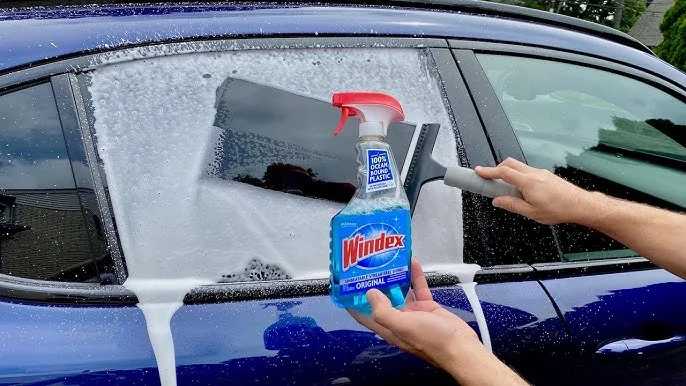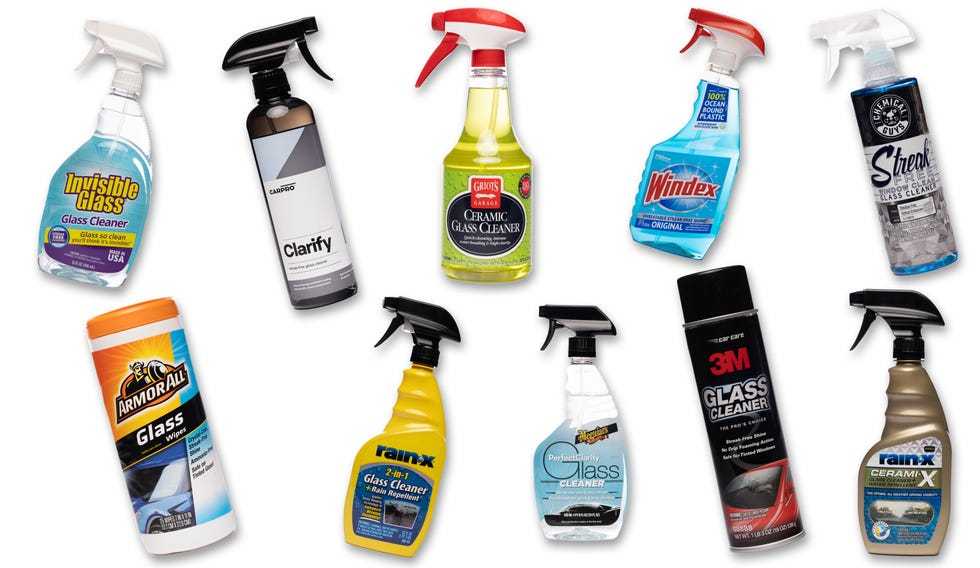Tinting your car windows might seem like a stylish upgrade, but it comes with some downsides you should consider. It can reduce visibility in low light, make it harder to see clearly at night, and may even lead to legal issues depending on where you live. Additionally, poorly applied tinting could peel or bubble over time, costing you more money to fix.
In brief, while window tinting offers benefits like UV protection and privacy, it also has its drawbacks such as impaired nighttime visibility, potential legal restrictions, and the risk of damage if not applied correctly. It’s important to weigh these disadvantages before deciding to tint your car windows, so you can enjoy the benefits without unexpected hassles.
Choosing to tint your car windows might seem like a quick way to enhance style and comfort, but it’s not without its pitfalls. First, poor visibility at night or during bad weather can compromise safety, making driving more hazardous. Second, many regions have strict rules about how dark your tint can be, and violating these laws can result in fines or having to remove the tint altogether. Third, if the tint is applied improperly or with low-quality materials, it may bubble, peel, or discolor over time, leading to additional expenses. Lastly, tinted windows can sometimes hinder law enforcement’s ability to see inside your vehicle, raising safety concerns. Understanding these disadvantages helps you make an informed decision about tinting your car windows wisely.
What Are the Disadvantages of Tinting Car Windows
Reduced Visibility and Glare Issues
Tinted windows can sometimes make it harder to see clearly, especially at night or in bad weather. Darker window films reduce sunlight and glare, but they might also cut down on overall visibility, making driving more challenging. This can increase the risk of accidents, particularly when crossing intersections or driving through poorly lit areas.
Potential Legal Restrictions and Fines
Many regions have laws regulating how dark car window tinting can be. If your tint is too dark, you could face fines or be forced to remove the film. These rules vary widely depending on where you live, and failing to comply might also affect your insurance claims after an accident.
Difficulty in Emergency Situations
Tinted windows can hinder emergency responders trying to assess a situation inside the vehicle. For example, police or medical personnel may struggle to see inside the car without breaking the window. This delay can be critical in urgent situations where quick action is necessary.
Damage to Windows and Reduced Clarity Over Time
Poor quality tinting might cause windows to become cloudy or develop bubbles and peeling over time. When applied incorrectly, film can peel away from the glass, impairing visibility. Additionally, cheap or low-quality tint films may turn yellow or degrade faster, leading to costly replacements.
Impact on Resale Value and Buyer Perception
Cars with heavily tinted windows often face scrutiny from potential buyers. Some people may see dark tints as unappealing or suspicious, reducing your car’s resale value. Moreover, if the tint has been applied illegally, it can create problems during inspections or transfer of ownership.
Difficulty in Detecting Break-ins or Tampering
While tinting provides privacy, it can also hide signs of tampering or break-ins. This invisibility can delay detection of theft or vandalism, potentially leading to greater damage or loss. Car owners might not realize their windows have been damaged until much later.
Potential for Increased Heat and Reduced Air Circulation
While tinting helps block out some heat, in some cases, it can cause interior temperatures to rise if not installed properly. This might lead to increased use of air conditioning, which in turn can decrease fuel efficiency. Also, tinted windows may reduce airflow from open windows, further trapping heat inside.
Complications with Window Repairs and Replacements
Repairing or replacing tinted windows can be more complicated and expensive than standard glass. Cutting or removing old film is time-consuming and may damage the window if not done carefully. This can add to the overall cost and inconvenience of vehicle maintenance.
Possible Impact on Insurance Coverage
Some insurance policies may have restrictions related to window tinting. If tinted windows are damaged or cause an accident, your coverage could be affected. Always check your policy before tinting to avoid surprises later on.
Interference with Technological Devices
Tinted windows might interfere with signals from devices like GPS, cell phones, or keyless entry systems. Although usually minimal, some types of tint films can cause issues with electronic signals, leading to connectivity problems inside the vehicle.
Summary of Key Disadvantages
| Disadvantage | Explanation |
|---|---|
| Reduced Visibility | Dark tinting can impair night and bad weather visibility |
| Legal Restrictions | Many areas restrict tint darkness, risking fines and penalties |
| Emergency Challenges | Hinders quick assessment by emergency responders |
| Window Damage and Bubbles | Low-quality films can peel, yellow, or bubble over time |
| Resale Value | Can deter buyers or decrease vehicle value |
| Security Delays | Dark windows hide signs of tampering or break-ins |
| Heat and Air Circulation | May trap heat or reduce airflow inside the vehicle |
| Repair Costs | Replacing or fixing tinted windows is more complicated and expensive |
| Insurance | May affect coverage or claims related to window damage |
| Electronic Interference | Can disrupt signals for GPS or keyless systems |
Additional Factors to Consider Before Tinting
Choosing the right tint involves weighing these disadvantages against the benefits. Consider your local laws, your driving conditions, and your budget before making a decision.
Always opt for professional installation to minimize potential issues like bubbling, peeling, or improper application. High-quality films tend to last longer and perform better, although they might cost more upfront.
Remember that your vehicle’s safety, legal compliance, and resale value depend heavily on how you manage window tinting. Weigh the pros and cons carefully to make the best choice for your needs.
How to Choose the RIGHT Window Tint | Don't Make A Mistake
Frequently Asked Questions
What potential issues might arise with visibility at night after tinting?
Tinted windows can reduce visibility in low-light conditions, making it more difficult to see pedestrians, traffic signals, and other vehicles at night. This decreased clarity may increase the risk of accidents, especially if the tint is excessively dark or improperly installed. Drivers should ensure that their tint complies with local regulations to maintain safe visibility during nighttime driving.
How does tinting affect the resale value of a vehicle?
Some potential buyers may view tinted windows as a negative feature, especially if the tint is too dark or appears unprofessional. This can lower the vehicle’s resale value or make it harder to sell. Additionally, if the tint has bubbling, peeling, or other damages, it can further diminish the car’s appeal and overall worth.
Are there legal restrictions on window tinting that could cause issues?
Many regions enforce laws regulating the darkness and reflectivity of window tinting. Violating these rules can result in fines, mandatory removal of the tint, or even vehicle inspection failures. It’s important for vehicle owners to check local regulations before tinting to avoid legal complications and additional expenses.
Can tinted windows lead to damage or deterioration over time?
In some cases, poorly applied or low-quality tint films may peel, bubble, or discolor after prolonged exposure to sunlight and weather conditions. This deterioration can diminish the aesthetic appeal of your vehicle and may require costly reapplication or removal of the tint. Using high-quality materials and professional installation can help mitigate these issues.
Does tinting interfere with electronic signals or sensors?
Certain window tints, particularly metallic or reflective types, can interfere with electronic signals such as GPS, radio, or mobile phone reception. Additionally, they may affect sensors for features like automatic headlights or proximity alarms. Choosing non-metallic tint options and consulting with professionals can help prevent these problems.
Final Thoughts
Les inconvénients du teintage des vitres de voiture incluent souvent une visibilité réduite, surtout la nuit ou par mauvais temps. Cela peut augmenter le risque d’accidents en limitant la perception des autres véhicules et piétons. De plus, certains films de teintage peuvent altérer la clarté du verre, ce qui nuit à la sécurité.
Le processus de teintage peut également être coûteux, surtout si vous choisissez des films de haute qualité. Enfin, dans plusieurs régions, des réglementations strictes contraignent l’utilisation de certains niveaux de teinture, ce qui peut entraîner des amendes ou la nécessité de retirer le film.
En somme, le what are the disadvantages of tinting car windows inclut une visibilité compromise, un coût élevé et des restrictions légales.



